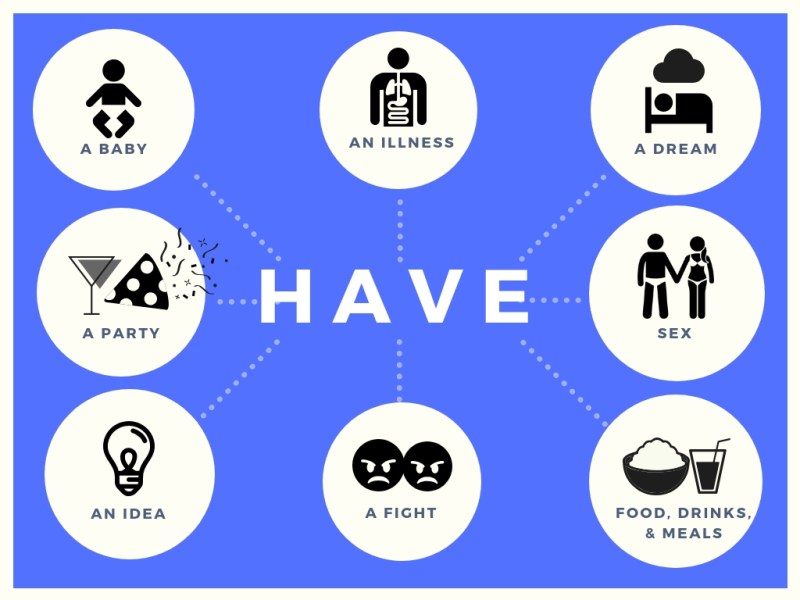Category: Speaking
8 Flashy Ways To Use Flashcards for Online ESL
If you know how to use flashcards in online ESL classrooms, they can be fantastic…
How To Pronounce the GH sound in English: 14 Tough Words To Practice
This month's post teaches you how to pronounce the -gh sound in English. You've probably…
English Expressions You Can Fall in Love With
With Valentine's Day coming up, I wanted to share some great expressions and idioms for…
History vs. Story: What’s the Difference?
History: The study of past events or people History is a subject that we…
3 Confusing Verbs and How To Pronounce Them: Feel, Fall, and Fill
Three verbs that are often confusing for English students are feel, fall, and fill, especially…
Expressions with the Verb TO HAVE
I hope everyone is having a very Happy New Year so far! I think 2019…
Still Or Until: What’s the Difference?
These two very common words are easy to confuse. They both relate to a measure…
8 Words in English Difficult To Pronounce for Non-Native Speakers
English is not an easy language to pronounce! If you're having trouble with your tongue,…
Go Back or Come Back: What’s the Difference?
When talking about travel, it's easy to confuse the phrasal verbs go back and come back. They both mean to…










